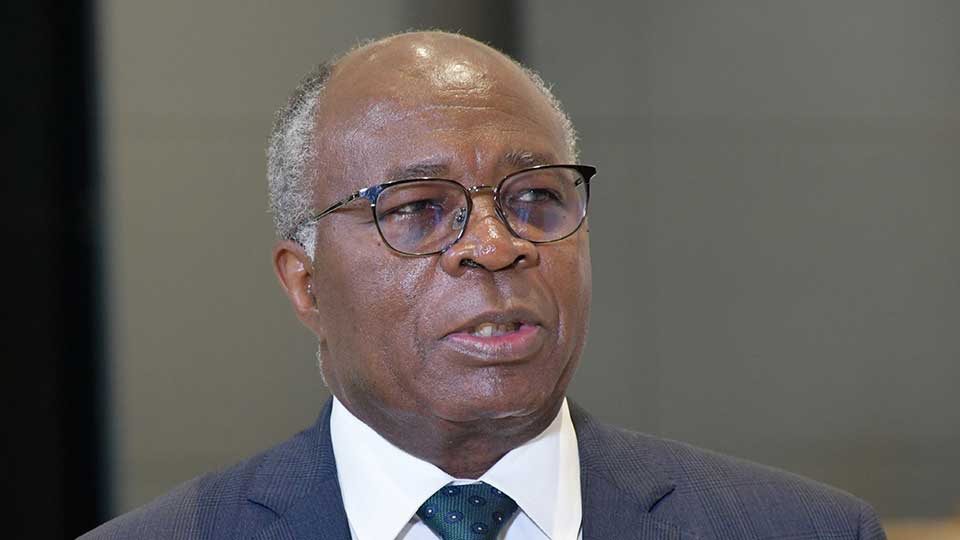The Ministry of Finance and National Planning has announced a significant release of K16.9 billion in October 2024, aimed at bolstering Zambia’s development agenda and addressing both immediate public service needs and long-term economic objectives. This funding reflects the government’s commitment to fostering economic stability, enhancing public health, and providing essential social services across the nation.
In a statement from the Office of the Secretary to the Treasury, it was detailed that K3.5 billion of the total disbursement would be allocated for transfers, subsidies, and social benefits. These funds are critical for sustaining welfare programs that support vulnerable citizens, ensuring that essential services remain accessible to those who need them most.
Additionally, K4.2 billion has been directed toward various developmental programs, which encompass daily government operations and capital projects. A notable portion of this—K700 million—has been earmarked for the procurement of drugs and medical supplies. This investment seeks to address the ongoing demand in the healthcare sector, ensuring that hospitals and clinics are adequately stocked with essential medications to improve service delivery.
The public service wage bill constitutes another major expenditure for the October budget, with K4.5 billion allocated to cover salaries and related expenses. This investment in human resources is vital for maintaining the continuous operation of government services, reinforcing the administration’s commitment to a stable public sector workforce that is crucial for the effective implementation of national policies and services.
Furthermore, K4.7 billion has been allocated for debt servicing and the dismantling of arrears, as part of a broader government strategy to manage Zambia’s substantial debt burden. By prioritizing debt repayments, the government aims to enhance its creditworthiness and foster economic stability, potentially attracting foreign investment and driving growth. Addressing arrears is expected to improve cash flow for vendors and contractors, many of whom have been awaiting payments for services rendered, thus restoring confidence among business stakeholders.
The government faces pressure to balance regular debt payments with funding for development projects and social programs. Financial experts suggest that prioritizing debt servicing reflects Zambia’s commitment to maintaining a balanced fiscal approach while exploring debt restructuring options that may offer longer-term relief.
An additional K3.5 billion from the October disbursement is dedicated to transfers and subsidies, with K1.7 billion specifically allocated for the Social Cash Transfer (SCT) program. This initiative serves as a vital support system for vulnerable households, providing direct financial assistance for essential needs such as food, healthcare, and education. The SCT program is regarded as one of the government’s most impactful social welfare initiatives, aimed at reducing poverty and promoting social equity.
The timely distribution of SCT funds is essential for low-income families who depend on this assistance to manage daily expenses. The Treasury’s allocation highlights the government’s dedication to protecting Zambia’s most vulnerable citizens, particularly amid ongoing economic challenges that affect household incomes. Analysts emphasize that sustained funding for social benefits is crucial for promoting social stability and achieving the government’s poverty alleviation targets.
The K700 million allocation for drugs and medical supplies represents a crucial investment in Zambia’s healthcare system. The country has faced intermittent shortages of critical medical supplies in recent years, affecting service delivery in both urban and rural areas. The Treasury’s commitment to healthcare funding this October aims to alleviate these challenges, ensuring that medical facilities have consistent access to necessary resources. This funding is expected to improve patient outcomes and enhance public confidence in the health sector.
Healthcare stakeholders have expressed optimism regarding this increased funding, noting that regular support for medical supplies is vital for disease prevention, treatment, and overall health infrastructure. The Ministry of Health has underscored the necessity of adequate supplies of essential drugs for managing both common and chronic diseases, benefiting the broader population.
The Ministry of Finance’s K16.9 billion disbursement in October reflects a strategic balance between addressing immediate needs and pursuing long-term goals. By allocating resources to social welfare programs, healthcare, wage payments, and debt servicing, the government demonstrates its commitment to a holistic approach that prioritizes both human development and economic sustainability. This approach seeks to create a stable environment conducive to growth, improved public services, and enhanced social welfare.
The Ministry has reiterated its commitment to a transparent disbursement process, emphasizing that funds are being utilized to directly benefit citizens and address the country’s development needs. As Zambia navigates ongoing economic challenges, strategic funding decisions like these are essential for fostering resilience and ensuring that vital public services are adequately supported.
This substantial financial commitment by the Ministry of Finance is part of Zambia’s ongoing effort to support its citizens and foster a sustainable economy. The October disbursements are expected to make a tangible impact across various sectors, benefiting Zambians and strengthening confidence in public services.






